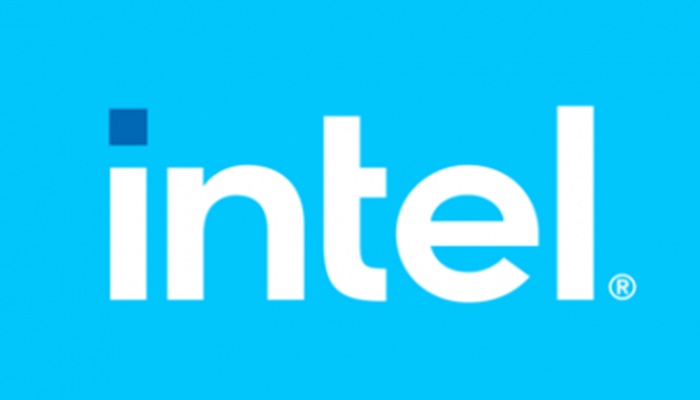Chinese tech and manufacturing giants are rolling out major hiring and training initiatives in 2025, offering tens of thousands of job opportunities to graduates and experienced workers. Analysts say the trend signals a shift toward more people-centered corporate strategies and a long-term commitment to employment stability.
Meituan, a major Chinese tech firm known for food delivery and local services, is offering over 15,000 positions to students this year, including 6,000 graduate jobs, 4,000 internships with potential return offers, and more than 5,000 general internship positions. In recent years, the company has consistently hired more than 6,000 university graduates annually across all departments and job functions.
In April, the Chinese tech giant Tencent – known for WeChat and its entertainment empire – launched its largest ever recruitment plan, pledging 28,000 internship positions over the next three years, including 10,000 spots in 2025. About 60 percent of these are reserved for technical roles, ranging from AI model development and algorithm design to digital content and game engines.
Baidu, which opened over 3,000 AI-related summer internship roles in March, announced it will provide 21,000 internship positions to university students over the next three years. The company has also kicked off its 2026 graduate recruitment campaign, while continuing to hire experienced professionals from the broader talent pool.
Home appliance maker Midea has opened over 2,000 positions for new graduates in 2025, covering fields such as research and development, information technology, marketing, finance, and supply chain. From January to April this year, the company also hired nearly 1,000 professionals in key growth areas including AI, robotics, and renewable energy.
“Against a backdrop of economic uncertainty, hiring plans by leading enterprises act as a ‘stabilizer’ for the job market,” Song Xiangqing, vice chairman of the China Business Economics Association, told China Industry News. “These moves demonstrate a company’s social responsibility and also support sustainable economic development through stable employment”
Xiaomi, Huawei, Alibaba and other firms have joined the wave by expanding AI-focused recruitment and training programs. With the rapid rise of generative AI, companies are not just hiring tech talent – they’re upskilling existing employees.
“More and more professionals are experiencing what we call ‘AI skills anxiety’ as technologies evolve,” said Nancy Wang, head of LinkedIn China.
“We’re encouraged to see that Chinese companies are shifting from a technology-centered mindset to a people-centered strategy, putting AI-powered talent development at the core,” Wang added in a written reply to CGTN.
Companies like Meituan are embedding AI into every aspect of work, providing universal access to AI tools, offering tailored AI training courses, and incubating innovative teams.
Having achieved its ambitious goal of training 5 million AI professionals ahead of schedule since 2020, Baidu is continuing to invest in AI talent development through a range of initiatives. Among them is the long-running “Baidu Star” programming competition, now in its 20th year, which has attracted over 300,000 participants.
“Many companies are building more structured AI training systems,” Wang said. “This shift not only boosts productivity but also ensures that talent is equipped for the future.”
As China embraces the AI era, these talent strategies reflect both business adaptation and broader national goals to stay competitive in next-generation technologies.




















